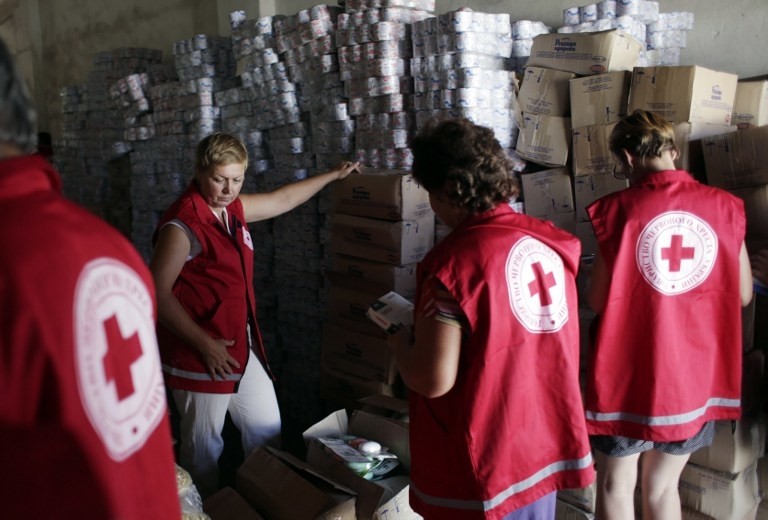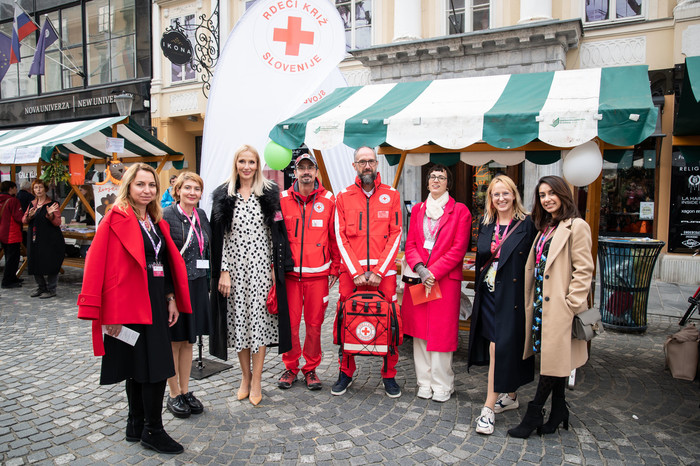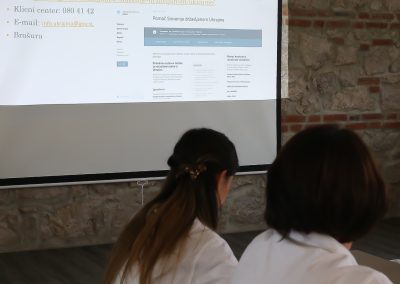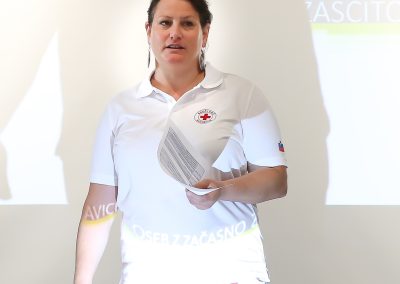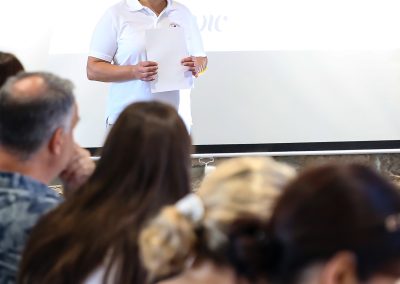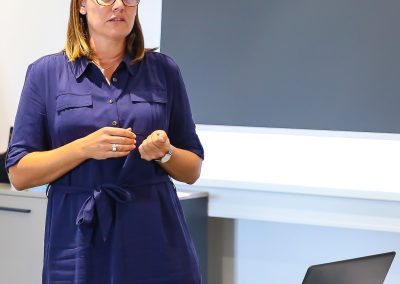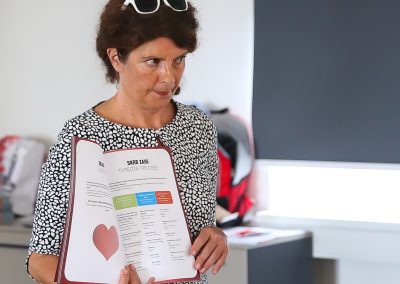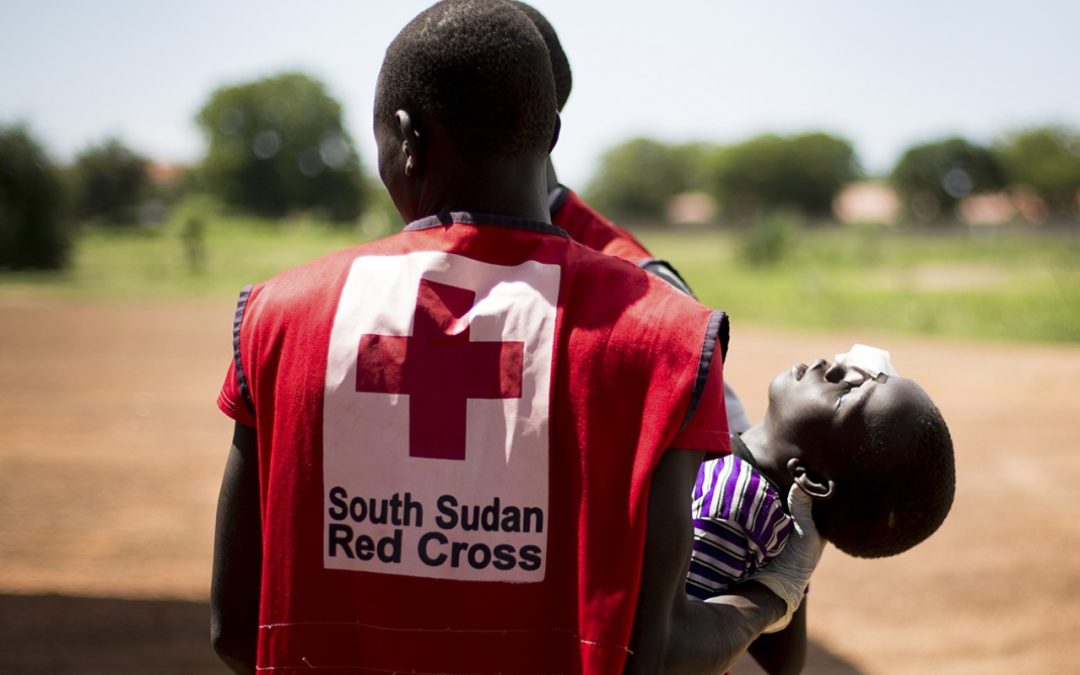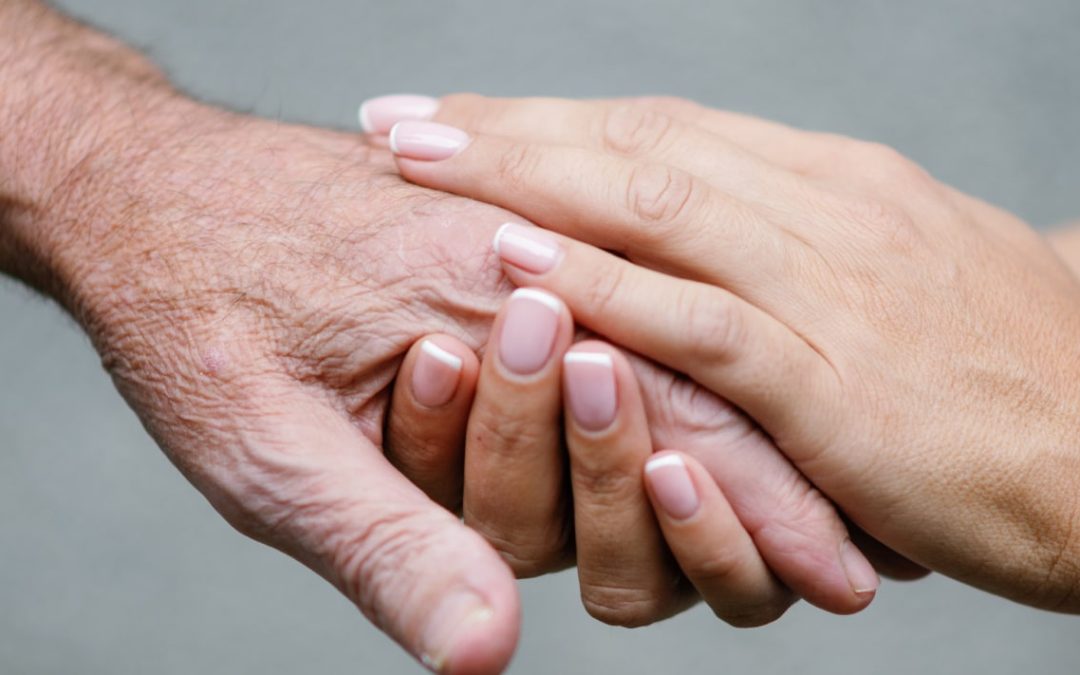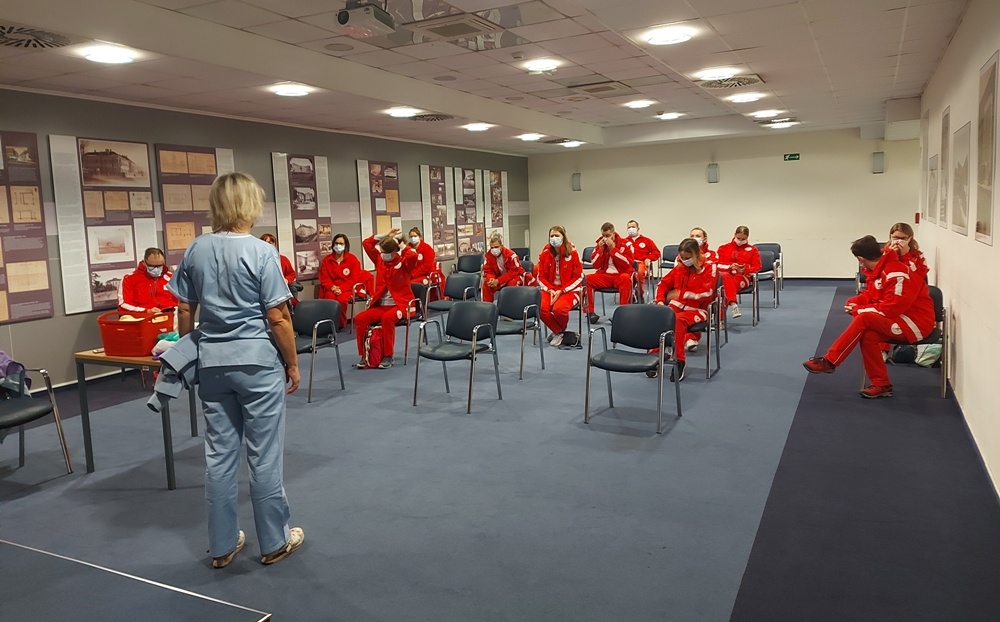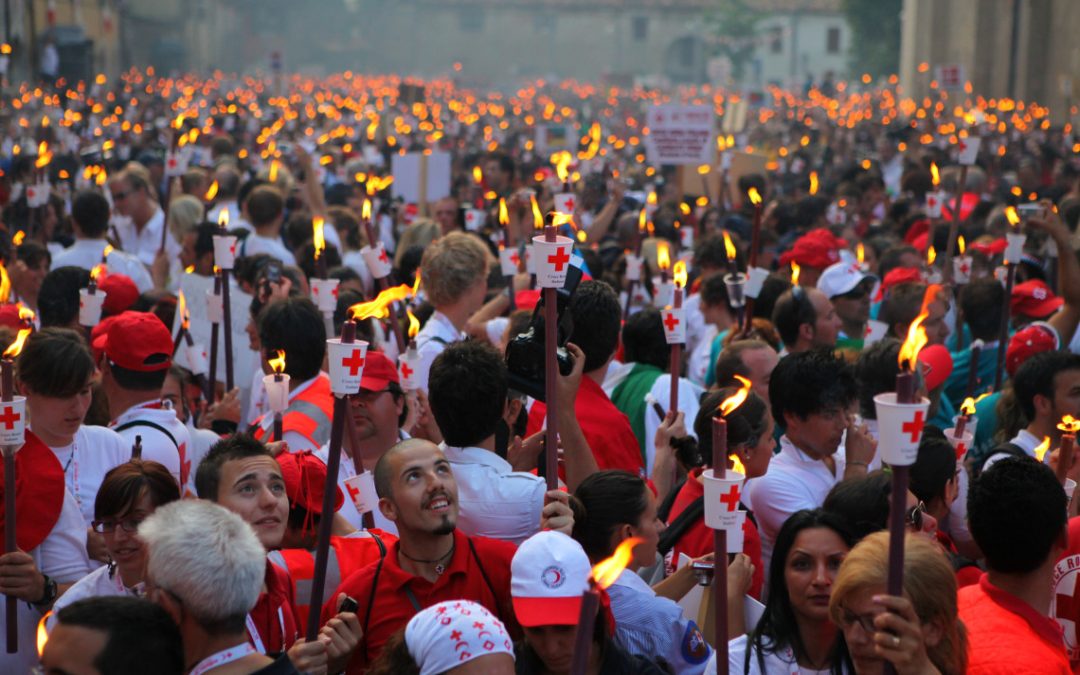
160 years on the side of humanity: A commitment that has never waned
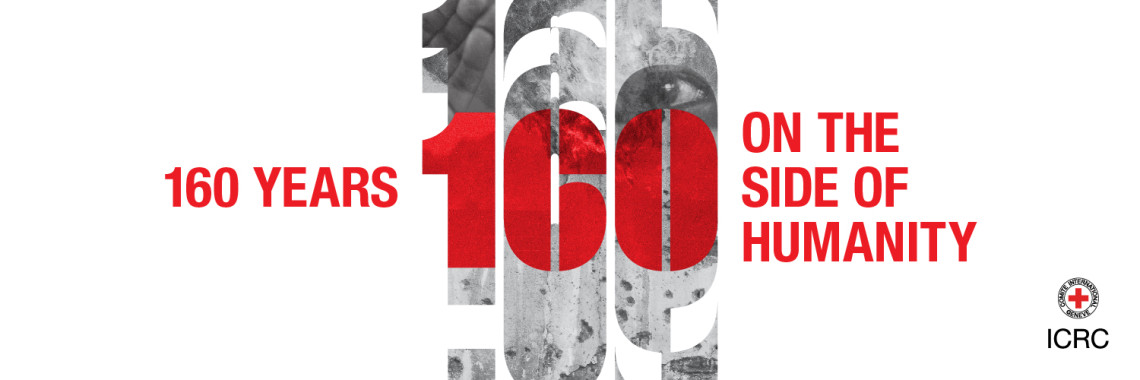
On 24 June 1859, the future founder of the International Committee of the Red Cross (ICRC), Henry Dunant, got the shock of his life. He arrived in Solferino, a town in northern Italy, to discover the French and Austrian armies had just fought one of the bloodiest battles on European soil since the Battle of Waterloo. In the ditches, fields and valleys around the town, 40,000 soldiers lay wounded or dead, abandoned to their fate.
Dunant was revolted by what he saw. What he was about to do would change the course of humanitarianism profoundly. Still today, 160 years on, his ideas remain as powerful as ever, giving millions of men and women around the world the means to prevent and alleviate human suffering.
They celebrate what makes them feel like a family: a common understanding of humanity and the will to alleviate suffering. During a torch-lit procession of nine kilometers, they follow the footsteps of those who brought injured soldiers from the battlefield to the first medical outpost in the nearby village of Castiglione. The battle took place on 24 June 1859. More than 160 years later, this humanitarian drive lives within millions of people.
Dunant was a Genevan entrepreneur and had gone to Solferino purely for business reasons. But faced with the horrors of the battlefield, he began organizing first aid for the wounded with the help of the local population. He dressed wounds, gave water to thirsty soldiers, paid for sheets and food out of his own pocket and recorded the last words of the dying so they could be sent to their families. He also asked the victorious French forces to release Austrian surgeons they had captured so they could treat wounded soldiers from both sides. This humanitarian spirit was out of the ordinary: at the time armies had more veterinarians in their ranks than surgeons. A horse was worth more than a soldier. And an army’s medics were as much of a military target as any other.

Clothing, food, tobacco, glasses or medicine have always been items of great value for the prisoners. With the support of the Red Cross Red Crescent National Societies, the ICRC packaged these items and delivered millions of parcels to detention camps on all sides as soon as World War I. But for prisoners of war, informing their families that they are still alive, and sharing news with them during their captivity is what matters most. The ICRC organized this massive exchange of letters from as early as 1870 (French-Prussian war).
When Dunant got back to his hometown of Geneva, he began writing A Memory of Solferino, which was published in 1862. In his book, he set out two major ideas:
- Relief committees should be formed to train volunteers in times of peace so that they could treat the wounded in times of war. These committees swiftly became the first National Red Cross Societies.
- An international agreement should recognize these committees and grant them protection on the battlefield. The original Geneva Convention, adopted in 1864, made these ideas reality and constitutes the foundation of modern-day international humanitarian law.
Today, 160 years on, the International Red Cross and Red Crescent Movement brings together 192 National Societies, all united by the desire to alleviate human suffering and provide assistance to the most vulnerable people, wherever they are. Our neutrality enables us to cross front lines. Moreover, a person’s political opinions, class, nationality, gender, beliefs and so on never determine who receives aid. Only one thing matters: who is in need? Our humanitarian action is based on the Movement’s well-known Fundamental Principles.

The Nigeria–Biafra operation was the largest the ICRC had carried out since 1945. It pushed the organization to professionalize its activities, streamline its decision-making processes and think bigger. But after one of its plane was shot down, the ICRC was forced to end the airlift. Some time after the end of this operation, a handful of ICRC delegates who disagreed with the organization neutral stance in the conflict created Médecins Sans Frontières, opening a new chapter in modern humanitarian history.
We defend the ideals of international humanitarian law and continue the work began at Solferino so that:
- individuals separated by armed conflict can get back in touch with their loved ones
- civilians are not treated as targets in armed conflicts
- prisoners of war and other detainees are treated humanely
- people who have lost a limb can receive an orthosis or prosthesis
- states stop developing weapons that cannot uphold the distinction between civilians and soldiers
- people who suffer the effects of armed violence can live with dignity
- and much, much more.
When Henry Dunant and four other Genevan citizens came together on 17 February 1863 to create the ICRC, did they think one day that this organization would be working in places as disparate as Yemen and Somalia, Mali and Colombia, Ukraine and Syria? Did they know that millions of men and women, working within a powerful movement, would still be putting their principles into practice 160 years later? There is no lack of modern-day Solferinos or frightening challenges for us to face in our time. And though human pain is the same as it ever was, our humanitarian operations have grown ever more complex under planet-wide pressures, such as climate change, hate speech, food insecurity, the use of mercenaries, and the development of increasingly deadly technologies.
In November 2022, ICRC President Mirjana Spoljaric said, “We will do our work to promote IHL, to assist states with their obligations to prevent violations, and to protect civilian and military victims of armed conflicts when they will arise.” But President Spoljaric appealed to states to maintain peace, because, as she said, if “war broke out along the fault lines we are seeing today, the ramifications and humanitarian consequences would be beyond overwhelming. And there is nothing that IHL [international humanitarian law], the ICRC or the whole of the world’s humanitarian movement could do to make it bearable.

Relatives of the more than 21,000 people who went missing during the violence that ravaged Peru during the 1980’s and 1990’s are still looking for their loved ones. Worldwide, families of missing might visit government offices and institutions, scour prisons, battlefields, hospitals and morgues. They scrutinize the bodies of the dead looking for familiar traits, or personal belongings from recovered human remains. Many continue searching until they find answers. Calling off the search before then would be like abandoning the missing person for good.
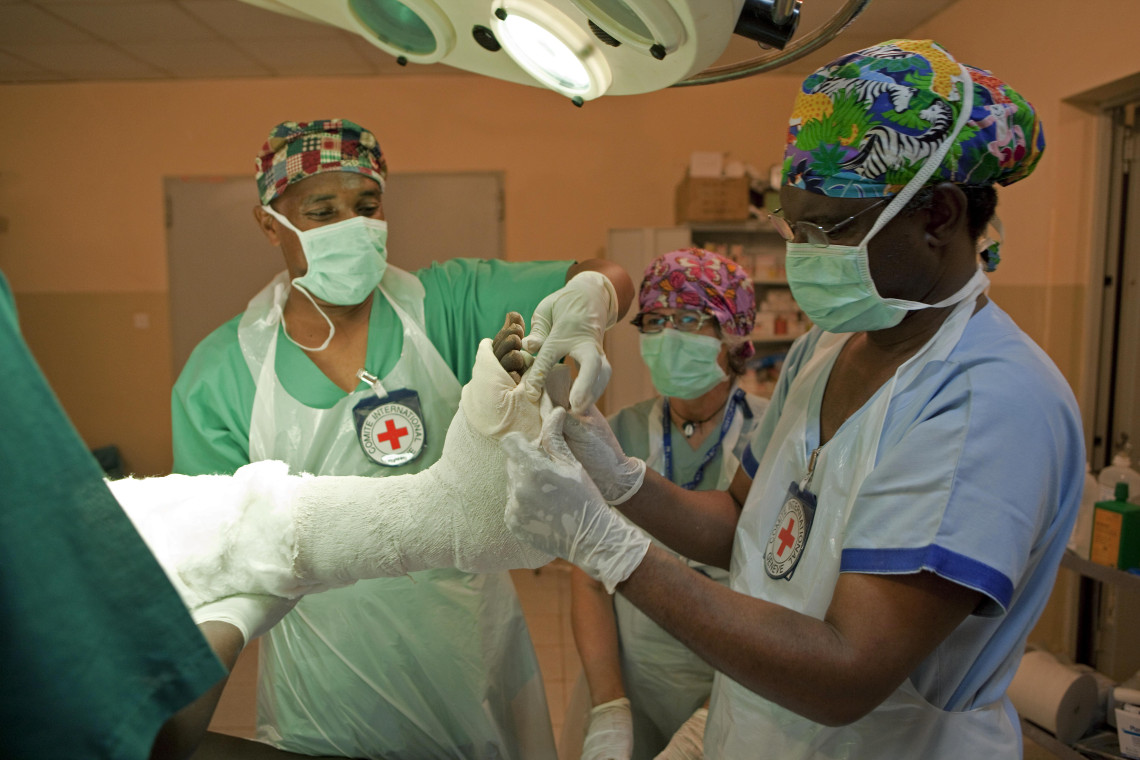
But the ordeal of the population in the region is not new and dates back 1983 when civil war broke out. To respond to the needs, the ICRC ran during two decades the Lokichokio hospital in northern Kenya, at one point the largest field medical structure in the world with a peak capacity of 700 beds. It treated tens of thousands of Sudanese patients, approximately 95% of whom arrived at the hospital by air. The ICRC handed over the structure to the Kenyan authorities in May 2006. The medical staff there had cared for nearly 38,000 patients and performed over 60,000 surgical operations over 19 years. This ICRC action may very well have been the largest and longest non-military cross-border air evacuation of casualties in history.
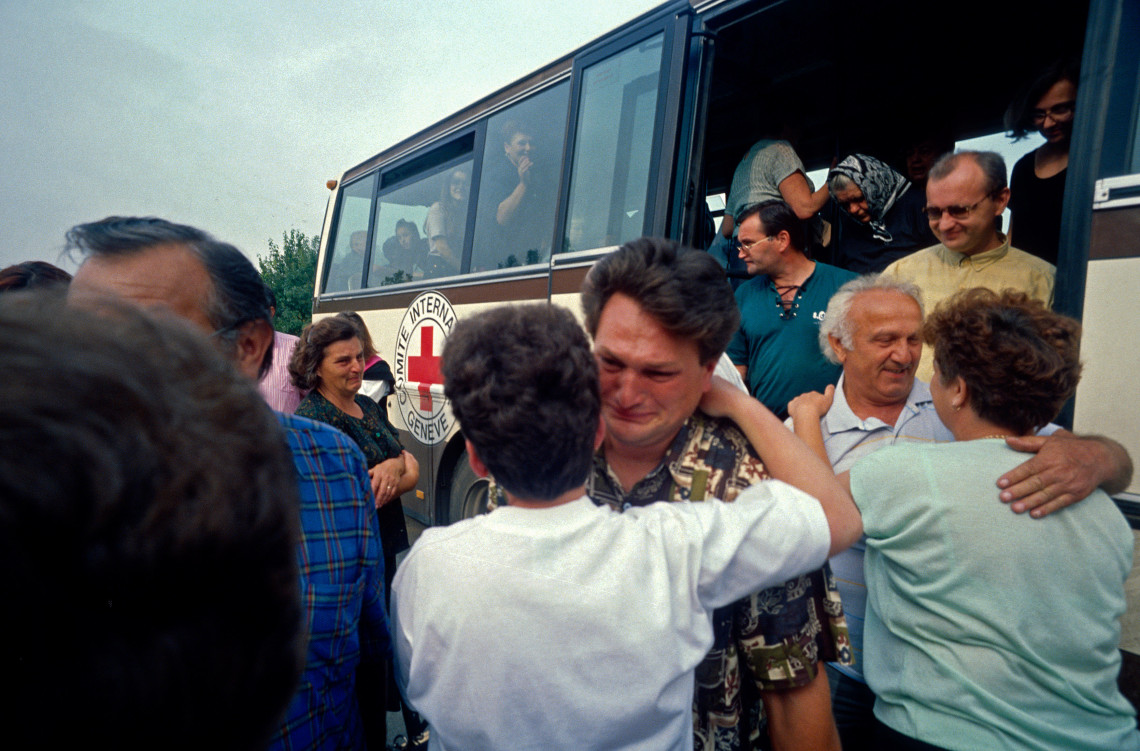
The breakup of Yugoslavia in the early 1990s triggered bitter ethnic fights between population groups scattered in Bosnia and Herzegovina, Serbia, Croatia and, some years later, Kosovo. The massive disrespect for basic rules of war meant that the civilian population on all sides paid a heavy price, at the very heart of Europe. For years, the international community was unable to prevent forced deportations and disappearances, cruel treatment and other blatant crimes. It was a challenging time for the people, as well as the humanitarian organizations that had a limited impact in such a polarized environment.

Being a neutral intermediary enables civilians to cross frontlines or to be supplied across frontlines with the goods needed for their survival. It helps exchange prisoners, evacuate trapped civilians, and bring news to separated loved ones… In the course of our history, we’ve been asked to take sides. But the only side we take is the side of humanity. An increasingly polarized world is making our approach if anything more necessary than ever.

It is those who carry weapons who can kill – and be killed. It is also they who can facilitate or hinder humanitarian action. Since the beginning of its presence on battlefields, the ICRC maintains a dialogue with all weapon bearers, State and non-State, as part of our mandate to protect and assist people affected by war and other forms of violence. Keeping communication channels open helps us explain our neutrality, access people in need through frontlines and obtain security guarantees for our staff. It is a cornerstone of our work as a neutral and impartial humanitarian actor.

It is estimated that 90% of the population is living under the poverty line, and more than 14 million people, out of 18 million, are still in need of humanitarian assistance. The extensive destruction and gradual deterioration of vital infrastructure – water, electricity and health care – are stretching the population’s ability to cope. The conflict in Syria started in 2011. The Arab Spring triggered a wave of conflicts – and humanitarian needs – in countries like Syria, Yemen and Libya.

Infrastructures essential to the survival of the civilian population are protected under international humanitarian law. Since the start of the conflict in eastern Ukraine in 2014, the ICRC has regularly supported local authorities on all sides to ensure that power and water stations are up and running.

